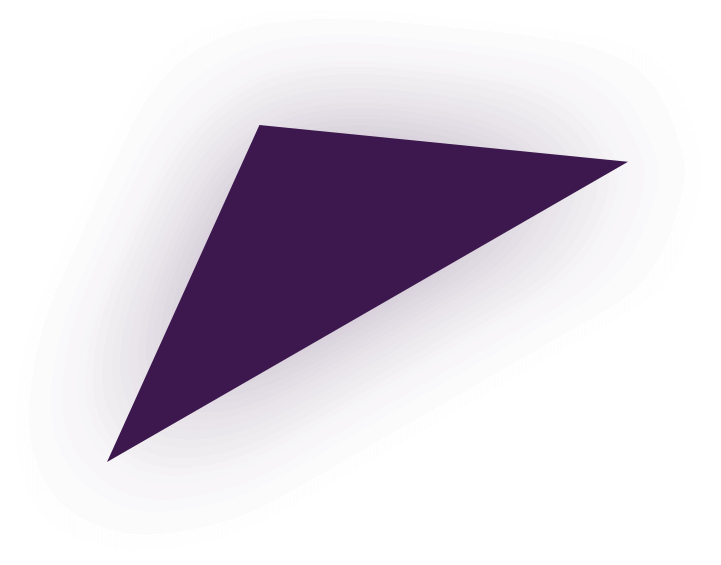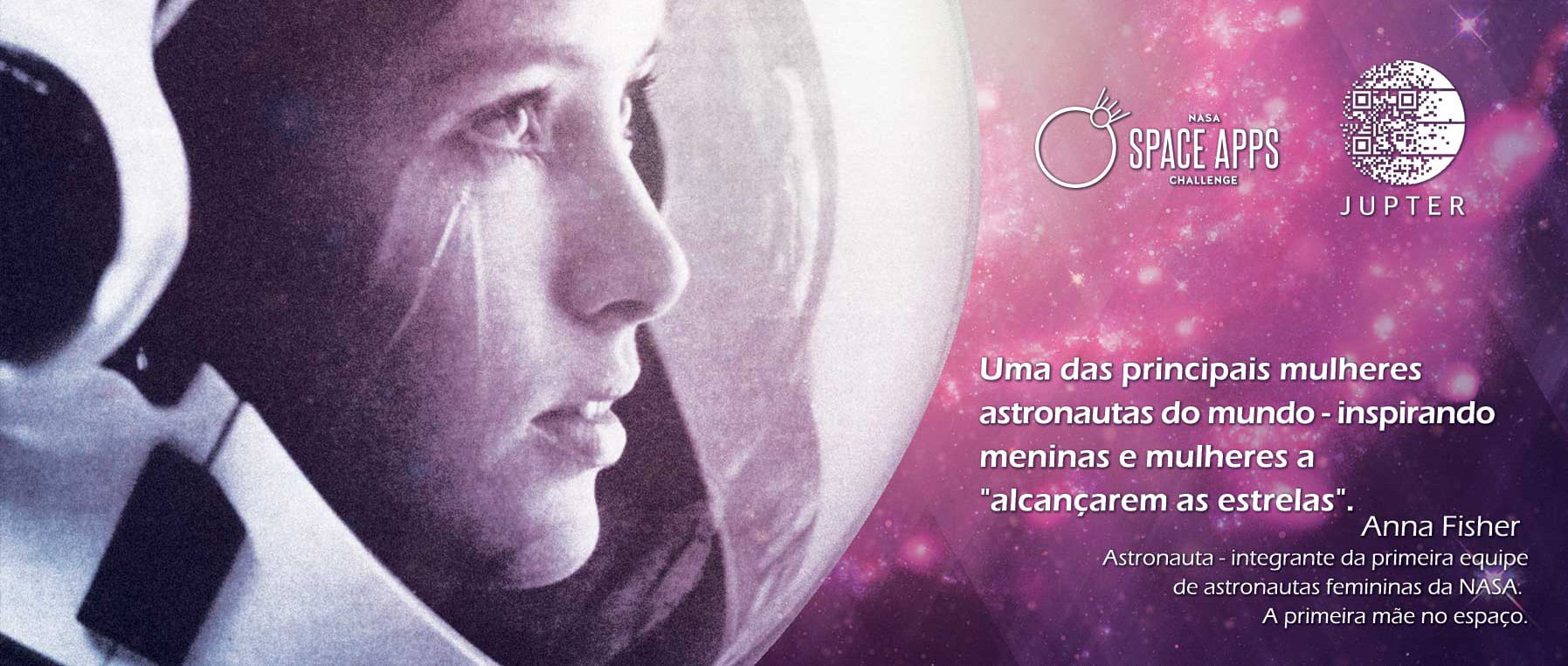
Mila Zanforlin
Designer & Mentor
My mission is to transform data and insights into scalable, high-impact digital experiences — leveraging AI and automation as strategic allies in building meaningful, user-centered products.
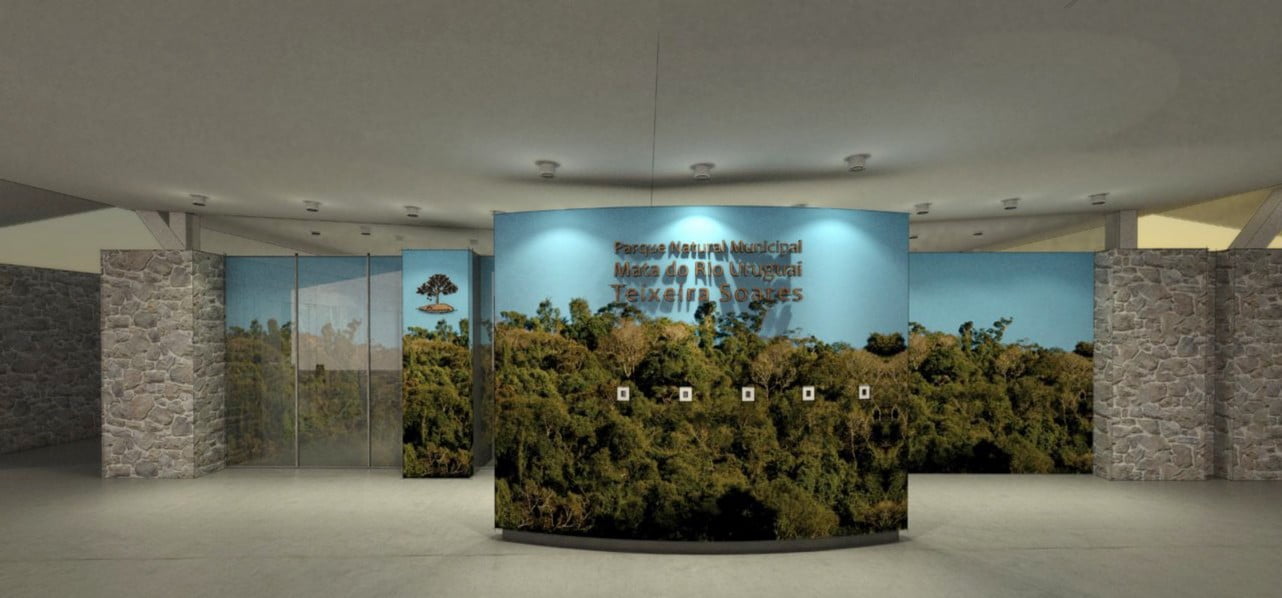
http://parqueteixeirasoares.eco.br
Skills 🤹🏼
Design
Through the construction of a vast visual repertoire and toolset over these 19 years of experience, I am able to work effectively both horizontally and vertically, engaging in strategy, planning, organization, and project execution alongside the teams I work with.
Facilitator / Instructor / Educator
As the great Cora Coralina used to say: "Happy is the one who transfers what they know and learns what they teach!" I enjoy sharing what I know. I am in constant learning and sharing my knowledge by promoting courses, mentorships, and team development.
Photography
Amateur photography is a hobby that complements my work, my thinking, and expression as a designer. Through college classes and activities with colleagues and friends in the profession, I discovered in photography a creative expression where I can act more freely, less technically, with more mistakes, and entirely new learning experiences.
Design Thinking
Human-centered approach that places the needs and experiences of users at the center of the design process. This methodology not only seeks to solve problems creatively but also aims to deliver significant value to end users. Delivering value is the priority in this process, so teams need to identify and deeply understand users' needs and desires, developing solutions that not only meet expectations but also surpass latent needs. Thus, delivering value is not just a final goal, but a guiding principle that directs all stages of the design process, from conception to implementation, ensuring that the products and services created have a positive and meaningful impact on users' lives.
LEADERSHIP IN INNOVATION
Innovation is a collective process. And it starts when someone sees something new! And if they have the opportunity and readiness to share, tell, communicate what they see, they can engage people to turn the new into reality, to innovate. Working in technology and creativity has often given me the challenging and fulfilling experience of leading a team, of sharing and building the new. This position has made me grow personally in understanding and readiness in dealing with people, in the complexity of human relationships; as well as expanding the potential for solutions and innovations that a well-structured and engaged team is capable of achieving, delivering results beyond expectations.
MENTORING
Mentorship is like a compass that guides each person on their journey of professional and personal growth. As a mentor, I share essential principles of management and process organization to empower mentees to prioritize scalability in their lives and careers. With personalized guidance on planning, documentation, and time management, we create a scenario where quality delivery is the norm, and teamwork becomes more fluid and valued. This personal approach not only strengthens individual skills but also creates a synergy that drives success in all aspects of the mentee's life and career.
Management
The quality of delivery is often gauged by effective management. This involves organizing processes and fostering a culture of continuous improvement for everyone involved, from the initial stages of development to the final delivery to end-users. Additionally, management is closely linked to a sense of responsibility and commitment to ensuring the successful development and implementation of all strategies related to product development.
TOOLS
Tools play a crucial role in executing any high-quality design process. As part of my creative and organizational repertoire, I utilize tools such as Figma, the Adobe Suite, ideation frameworks like Value Proposition Design and Business Model Canvas, among others. In this regard, knowledge and experience with agile methodologies are also vital, along with the expertise accumulated over these 19 years in design, technology, and innovation development.
Technology & Development
Having a good grasp of development concepts is vital for designers to communicate effectively and collaboratively with our development team members. It's essential to understand various aspects such as back-end, front-end, data management, device compatibility, and hybrid development tools. This broader understanding not only facilitates smoother collaboration but also allows designers to contribute more meaningfully to the development process, leading to cohesive and successful outcomes.
What my colleagues say about me: 💜

Executive at Positivo Tecnologia
23/08/2022, Linkedin

17/08/2022, Linkedin

na Positivo Tecnologia
16/08/2022 Linkedin
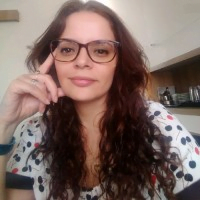
Analista de Negócios
Gestão de Projetos
15/08/2022, Linkedin

15/08/2022, Linkedin

Analista de Negócios
Gestão de ProjetosProduct Owner
Analista de Negócios
Gestão de Projetos
12/08/2022, Linkedin

12/08/2022,

11/08/2022, Linkedin
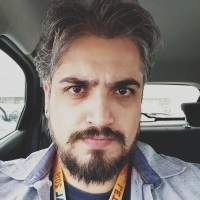
@ Educacional Ecossistema
10/08/2022, Linkedin
Mila is dedicated and tirelessly committed to solving customer problems. We worked together for almost 2 years, with the goal of starting a Discovery front with several challenges, such as transforming the team's culture and processes into a model focused on value delivery. During this period, she formed and led a design chapter, ensuring proactivity and mastery in design thinking methodologies and team leadership.

Ecossistema de Tecnologia e Inovação
09/08/2022, Linkedin

09/08/2022, Linkedin
I am proud to say that I was part of her squad because all the improvements in internal projects we had were thanks to the macro vision she always expressed. She had strong opinions and always opted to make the product much more than it should be.
I lost an incredible leader, but the market only stands to gain from this. As long as people like Mila are capable of seeing beyond the standard view, design will only continue to grow and gain more space in the corporate world.
It will always be an honor! 😉

09/08/2022, Linkedin
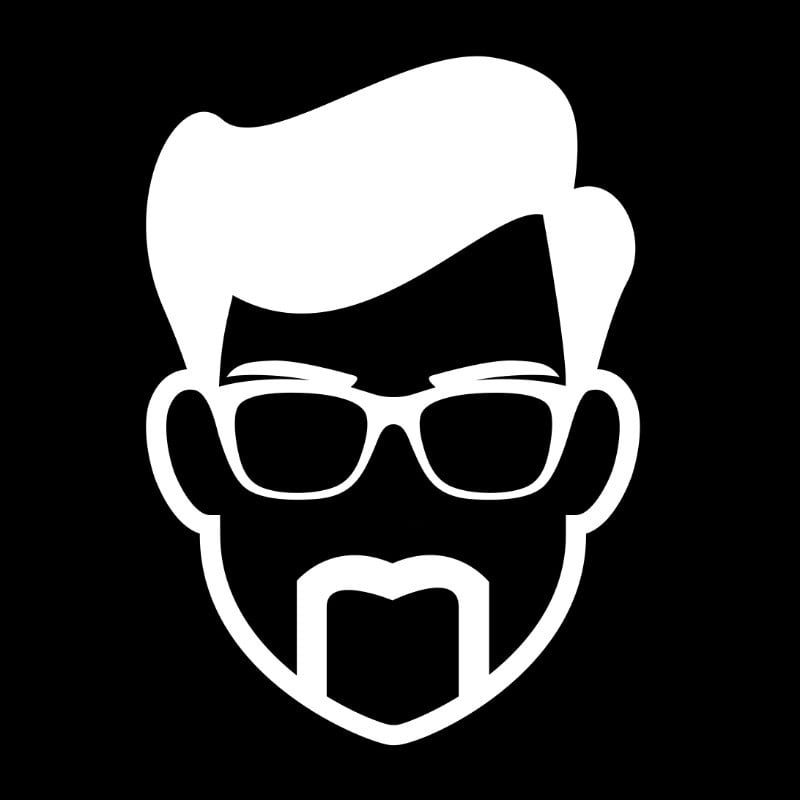
11/10/2022

processos e negócios
05/09/2022

04/10/2012, Linkedin

Executive at Positivo Tecnologia
23/08/2022, Linkedin
Ela é a pessoa que me ensinou e ainda ensina quase tudo que conheço sobre design!
Como liderança, ela sempre se mostrou muito dedicada e acolhedora.
A Mila é a líder que impulsiona os seus liderados, que acredita no nosso potencial mesmo quando nós mesmos não acreditamos.
Ela sempre trabalha para que as pessoas que ela lidera, cresçam! Ela é a líder que incentiva as pessoas ao seu redor a extrairem o melhor de si e se dediquem naquilo que elas tem de melhor.
E ainda, ela é uma profissional transdisciplinar, que tem um conhecimento amplo em diversas áreas!
Isso faz com que ela consiga construir uma visão estratégica do todo e planejar suas entregas de forma assertiva.
Em todos os projetos em que trabalhei com a Mila, tive a oportunidade de aprender muito!
Eu só tenho a agradecer por todo conhecimento e experiências que pudemos trocar. ❤️

17/08/2022, Linkedin

na Positivo Tecnologia
16/08/2022 Linkedin

Analista de Negócios
Gestão de Projetos
15/08/2022, Linkedin

15/08/2022, Linkedin

Analista de Negócios
Gestão de ProjetosProduct Owner
Analista de Negócios
Gestão de Projetos
12/08/2022, Linkedin

12/08/2022,

11/08/2022, Linkedin
Sua dedicação como liderança sempre foi vista pelo time como forte, no meu ponto de vista, ela tem a preocupação de que as entregas precisam ter o máximo de qualidade, mas não ao custo da saúde mental, sempre considerando o fator humano que está por trás desse objetivo. Pude ver também que há muita dedicação e amor pelos produtos em que ela está envolvida, assim como a compreensão e o valor que ela deposita em cada pessoa no processo, se preocupando com o desenvolvimento profissional e até mesmo pessoal, incentivando novas habilidades e aspectos que antes não eram vistos. Ela acredita no time, dá autonomia necessária e ajuda sempre que é necessário.
O trabalho que ela desenvolve é excepcional, seu know how e experiência é o grande diferencial na profissional que ela é, e isso a torna muito madura nas decisões que lhe são dadas. Gostaria de um dia poder voltar a trabalhar com ela, pois considero que ela foi a melhor liderança que tive na empresa em 15 anos.

@ Educacional Ecossistema
10/08/2022, Linkedin
Mila é dedicada e incansavelmente empenhada em resolver problemas do cliente. Trabalhamos juntos por quase 2 anos, com objetivo de começar uma frente de Discovery com vários desafios, como transformar a cultura e processos do time para um modelo voltado a entrega de valor. Durante esse período, formou e liderou uma chapter de design, garantindo proatividade e domínio nas metodologias de design thinking e liderança do time.

Ecossistema de Tecnologia e Inovação
09/08/2022, Linkedin

09/08/2022, Linkedin
Tenho orgulho em dizer que fiz parte do seu squad, pois todas as melhorias em projetos internos que tivemos foi graças à visão macro que ela sempre expressava. Opiniões contundentes e sempre optando para tornar o produto muito mais do que ele deveria ser.
Perdi uma liderança incrível, mas o mercado só tem a ganhar com isso. Enquanto pessoas como a Mila forem capazes de enxergar além da visão padrão, o design só tem a crescer e ganhar mais espaço no meio corporativo.
Será sempre uma honra! 😉

09/08/2022, Linkedin

04/10/2012, Linkedin



